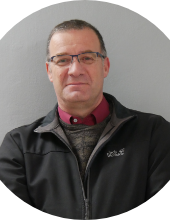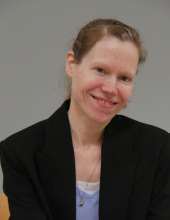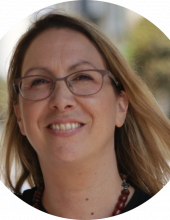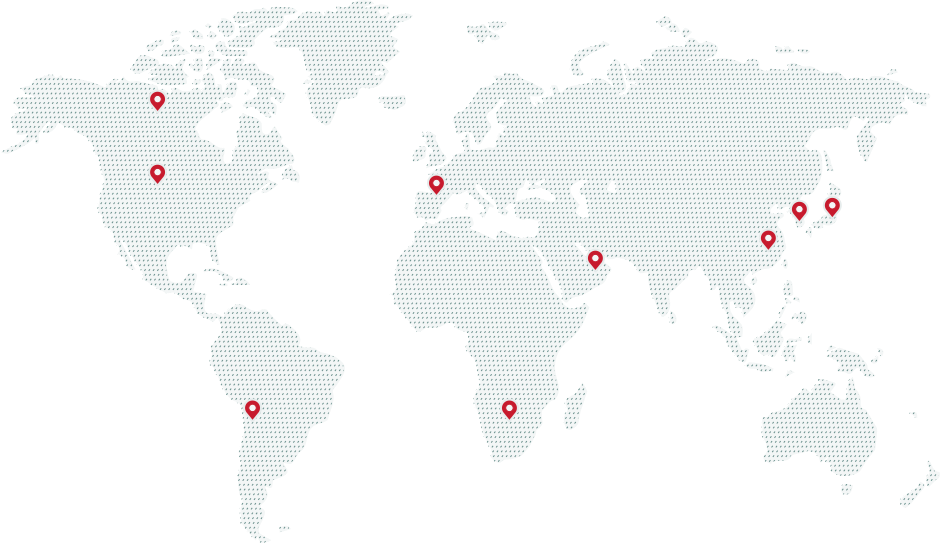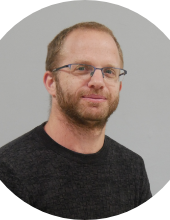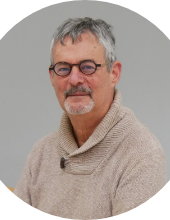
About the program
The goal of the program is to equip a new generation of urbanists (planners, analysts and policy makers) with the requisite toolbox for addressing the Smart City. This includes both the hands-on analytical skills and the critical faculties to address the current and anticipated future challenges posed by Smart Cities. The Hebrew University aspires to become a leader in this field, in which prospects for growth worldwide seem unbounded (autonomous vehicles and drones, volunteered geographic information, the Internet of Things, etc.).
Smart Cities and Urban Informatics SCUI
is a unique 1-year (2 semester), English language, 37 credit MA program offered to international students. The program offers both research (thesis) and non-thesis tracks.
The Target Audience for the program are social science students who want to acquire a broad-based understanding of contemporary urban development utilizing state of the art techniques in spatial analysis. No prior knowledge of GIS, remote sensing or spatial information systems is assumed. The program is structured such that students will acquire the key analytic competences in a relatively short term frame.

